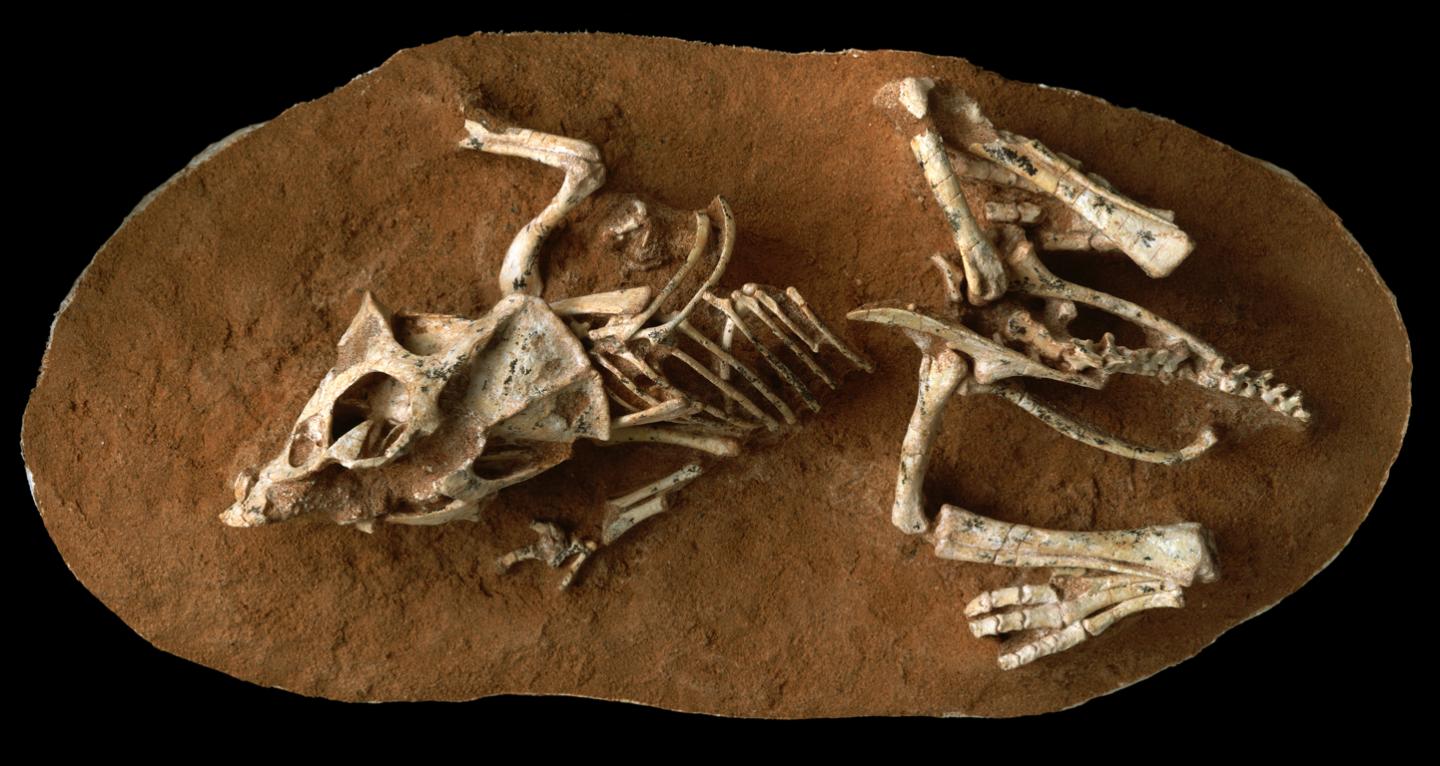
Non-avian dinosaurs took between three and six months to hatch from their eggs, according to a study that examined the teeth of fossilized dinosaur embryos.
Scientists have long assumed dinosaur incubation was similar to the rapid incubation of birds, which hatch within 11 to 85 days. However, the study found that dinosaurs aligned more with the prolonged incubation of reptiles.
Growth lines in the teeth of dinosaur embryos showed “slow reptilian-grade development” spanning months, scientists wrote in a study published in Proceedings of the National Academy of Sciences. The research results suggest that dinosaurs’ slow development may have affected their ability to compete with the more quickly generating populations of birds, reptiles and mammals after the mass extinction 65 million years ago.
“We know very little about dinosaur embryology, yet it relates to so many aspects of development, life history, and evolution,” study co-author Mark Norell said in a press release. “But with the help of advanced tools like CT scanners and high-resolution microscopy, we’re making discoveries that we couldn’t have imagined 20 years ago. This work is a great example of how new technology and new ideas can be brought to old problems.”
More Must-Reads From TIME
- The 100 Most Influential People of 2024
- Coco Gauff Is Playing for Herself Now
- Scenes From Pro-Palestinian Encampments Across U.S. Universities
- 6 Compliments That Land Every Time
- If You're Dating Right Now , You're Brave: Column
- The AI That Could Heal a Divided Internet
- Fallout Is a Brilliant Model for the Future of Video Game Adaptations
- Want Weekly Recs on What to Watch, Read, and More? Sign Up for Worth Your Time
Write to Mahita Gajanan at mahita.gajanan@time.com